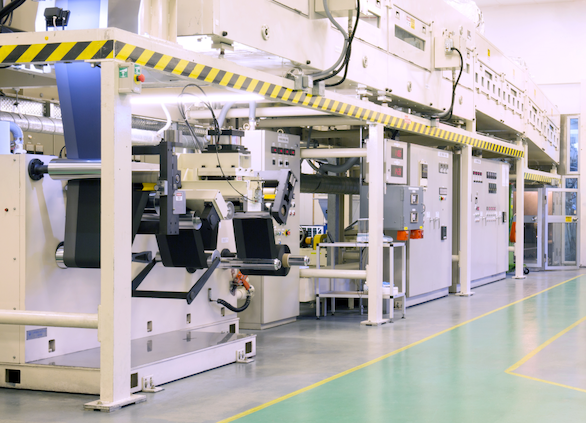
The European Union’s European Investment Bank (EIB) has affirmed its commitment to supporting a “pan-European battery industry”, while plans of the UK’s first full cycle battery cell gigafactory have been unveiled.
The EIB said last week that it expected to increase funding in battery-related projects to over €1 billion (US$1.1 billion) during 2020 alone, with EIB VP Andrew McDowell speaking at a meeting of the European Battery Alliance, held on 19 May. European Commission (EC) VP and long-time champion for local battery manufacturing Maroš Šefčovič was also in attendance.
Enjoy 12 months of exclusive analysis
- Regular insight and analysis of the industry’s biggest developments
- In-depth interviews with the industry’s leading figures
- Annual digital subscription to the PV Tech Power journal
- Discounts on Solar Media’s portfolio of events, in-person and virtual
According to EIB, the financial support commitment for this year exceeds all of the support it has given over the past decade, with around €950 million committed from 2010 onwards, supporting some €4.7 billion in overall project costs. This support has been partly enabled by a partnership with the EC called the InnovFin Energy Demonstration Programme, which is a financial tool to move along demonstration phase projects in energy innovation. The EIB approved a €52.5 million loan in 2018 to startup Northvolt, while in late December 2019 the bank said at that time that its commitment to creating the 'pan-European battery eco-system' would add up to around €3.2 billion. Also in 2018, EC vice-president Šefčovič said that the commission wanted to make sure that the “world's cleanest batteries are made in Europe”.
According to the EIB, the production capacity of lithium-ion battery cells projects the bank is supporting stands at 51GWh, which includes already-approved and signed facilities as well as those under appraisal. This would build on a present production capacity of 49GWh in the EU which is equivalent to the US’ current total, but only to around a tenth of dominant player China’s capacity. EIB said it is also financing “the development of new materials, improved battery management systems (BMS) and battery recycling”.
BloombergNEF (BNEF) analyst Tifenn Brandily recently told Energy-Storage.news that China is likely to continue to be the global centre of battery production for years to come, although there will be some shift in the percentage split. In 2008, 97% of production was in China, with global capacity then standing at just 6GWh in total. By 2019, while the global total had ballooned to 365GWh , 75% of this was still to be found in China and only 5% in Europe. Europe’s share will rise to about 10% by 2030, BNEF forecasts, by which time there could be as much as 1,230GWh of lithium-ion battery cell production worldwide: China will host about 65% of that, the US about 10% and facilities in the rest of the world about 15% altogether.
In the UK meanwhile, two companies, AMTE Power, the owner of Scotland-headquartered battery maker AGM Batteries, and startup BritishVolt have signed a memorandum of understanding to investigate collaborating on building a battery cell “GigaPlant”, which would service both the automotive and energy storage markets.
The aim is to build a GigaPlant with a production capacity of up to 35GWh with the support of the government, which the companies said would create up to 4,000 jobs in the process. The companies are aiming for a target product launch date of 2023.
There is something of a race on to develop vast facilities for lithium-ion battery production worldwide, with battery materials company Nanograf's CEO Francis Wang commenting to Energy-Storage.news recently that the coronavirus pandemic has brought into stark relief the US' dependency on China for imports.
Additional reporting by Alice Grundy.






